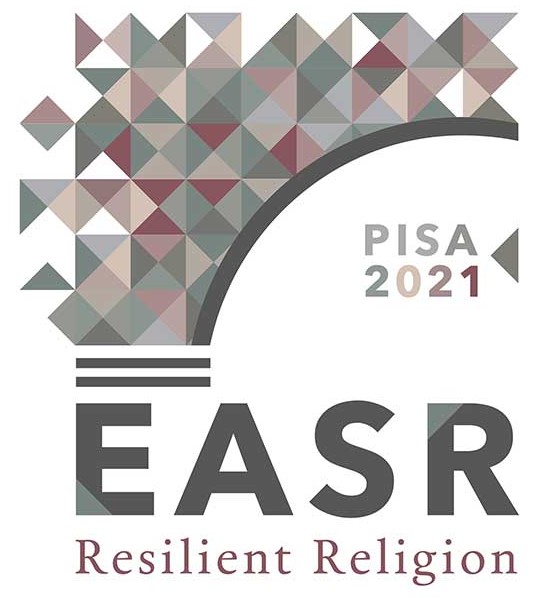Rites, rituals and liturgies as “place” of resilience
The session focuses on relationships between rite and religious groups’ identity, aiming to highlighting the connections between celebration and resilience.
In which manners can rites, rituals and liturgies become “places” of individual and community resilience? Can they provide chances to keep a strong identity even in dangerous conditions? A community threatened or persecuted can find strength to survive in its own performed liturgies?
Papers try to answer these questions from a historical and religious historical points of view analyzing historiographical interpretations, documents, case studies. Cross disciplinary contributes are also welcome. The session is oriented on main monotheistic traditions.
Connected topics are:
- Rites and liturgies maintained, preserved, perpetuated to ensure continuity to religious groups’ identities;
- Specific celebrations marking a resilience process (e.g. consecrations or re-consecrations, building and rebuilding sacred places, etc.);
- Cripto religious identities and cripto rites (or gestures);
- Liturgies and religious persecutions;
- Prayer texts and liturgical formulae evidencing resilience processes;
- Symbolic objects used during liturgies or personal devotions to mark identity and religious belongings.
References:
- De Bruijne, M.; Boin, A.; van Eeten, M., Resilience: Exploring the concept and the meaning, in Comfort, L.K.; Boin, A.; Demchak, C.C. (eds.), Designing Resilience: Preparing for Extreme Events, University Pittsburgh Press: Pittsburgh, PA, USA, 2010;
- Engh, L. C.; Eriksen, S. G.; Steen, F. F.; Prescott, C. (ed.), Tools for transformation: liturgy and religious practice in late antique Rome and medieval Europe, Acta ad archaeologiam et artium historiam pertinentia, 31, Roma 2019;
- Bergmann, C. D.; Kranemann, B. (ed.), Ritual dynamics in Jewish and Christian contexts: between Bible and liturgy, Brill, Leiden 2019;
- Endress, M. C.; Clemens, L.; Rampp, B. (eds.), Strategies, Dispositions ad Resources of Social Resilience: a Dialogue between Medieval Studies and Sociology, Springer, Wiesbaden 2020.
Renata Salvarani: renata.salvarani4653@gmail.com
